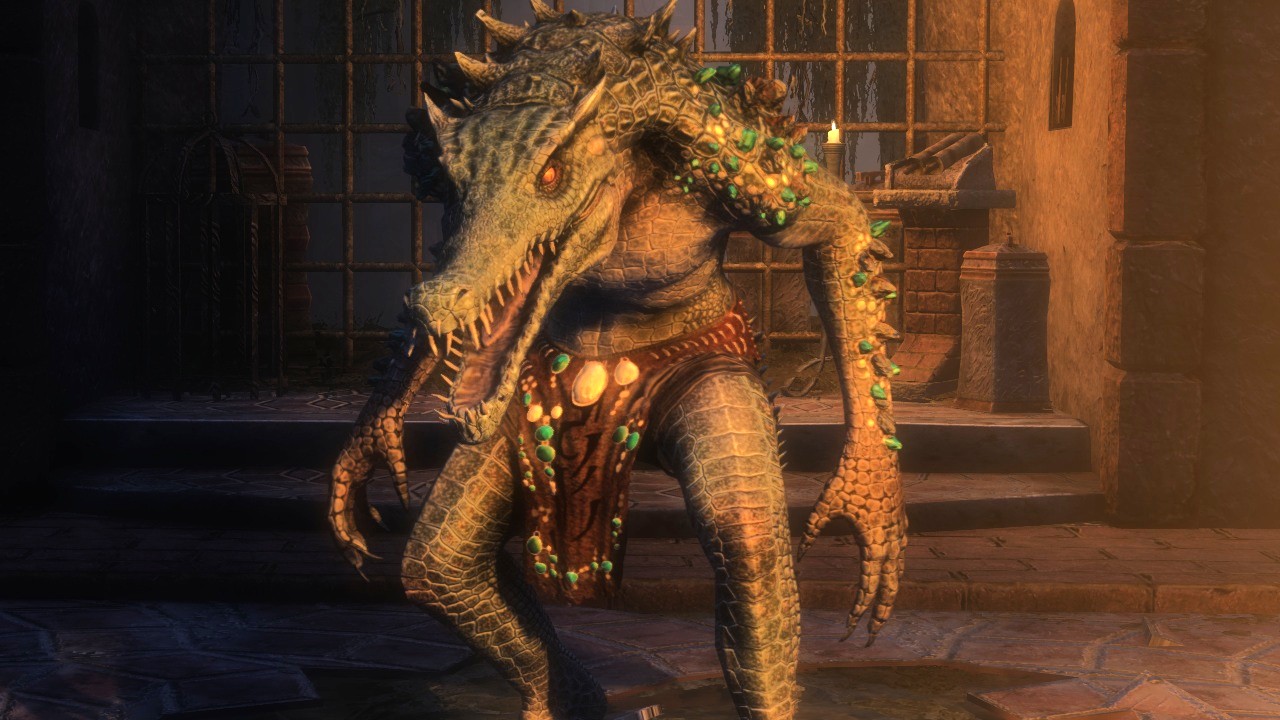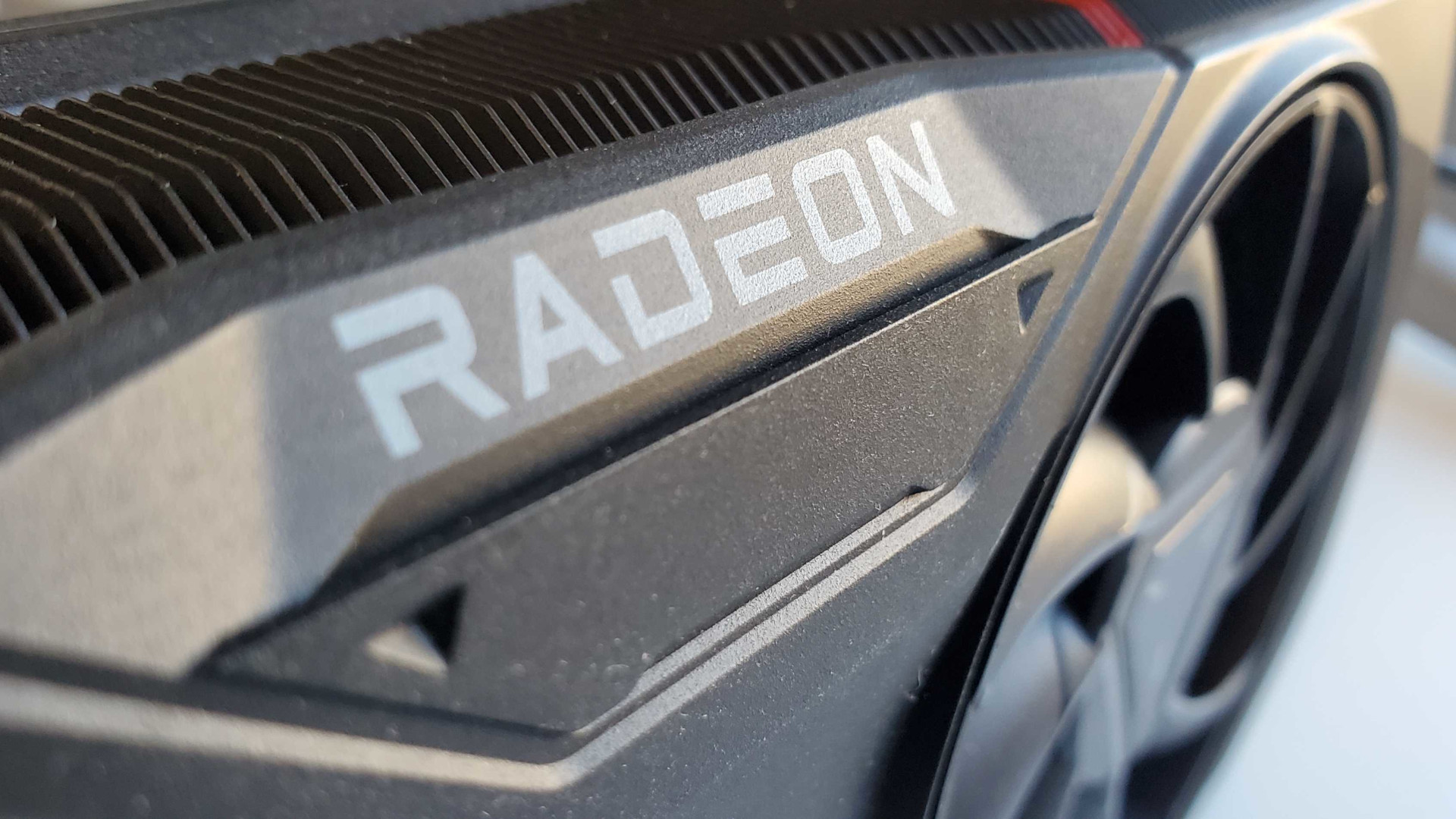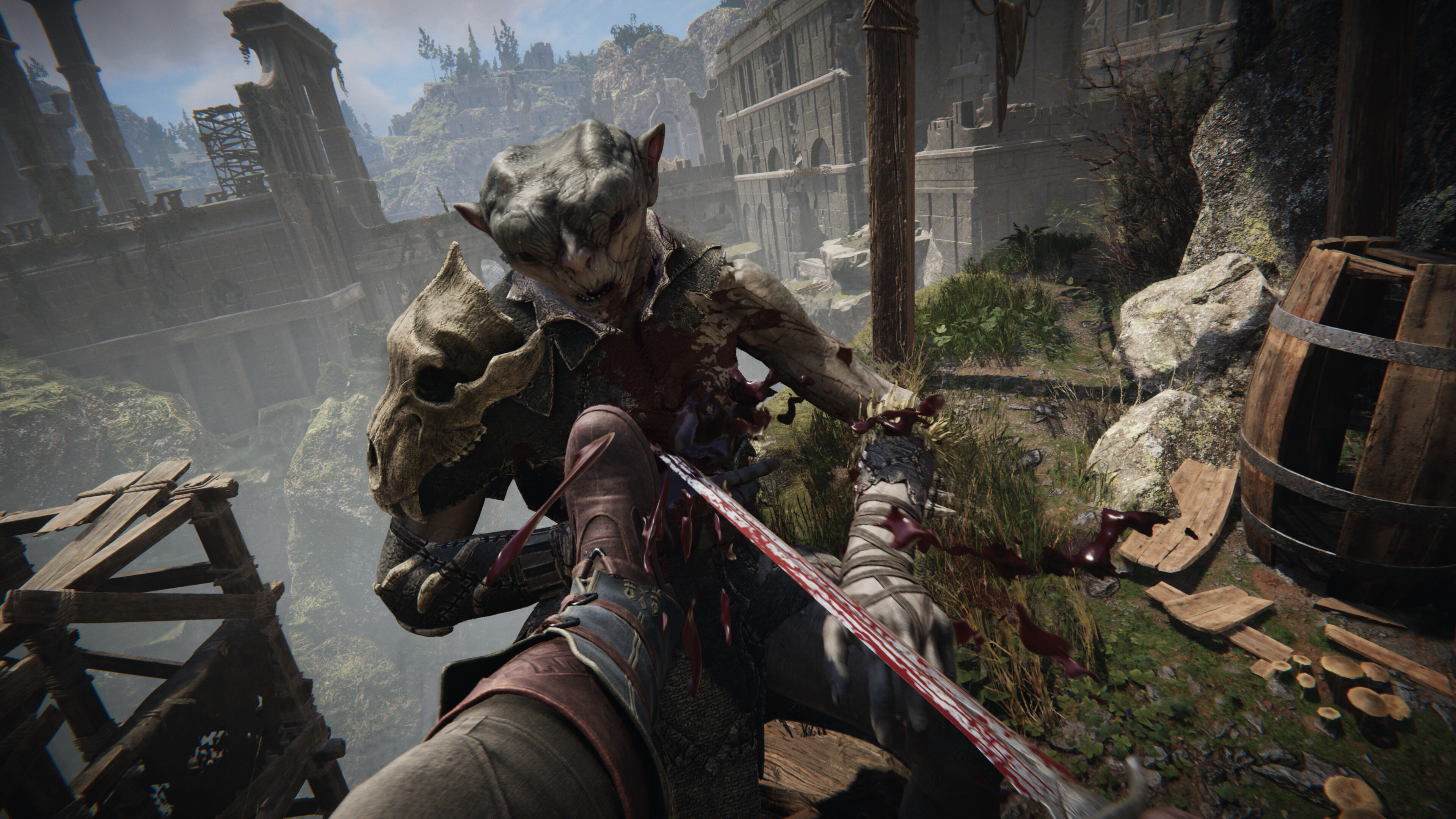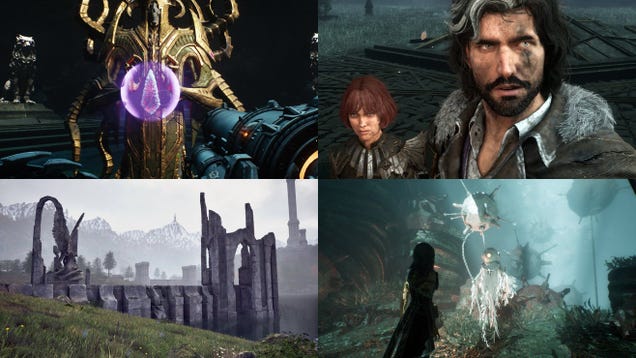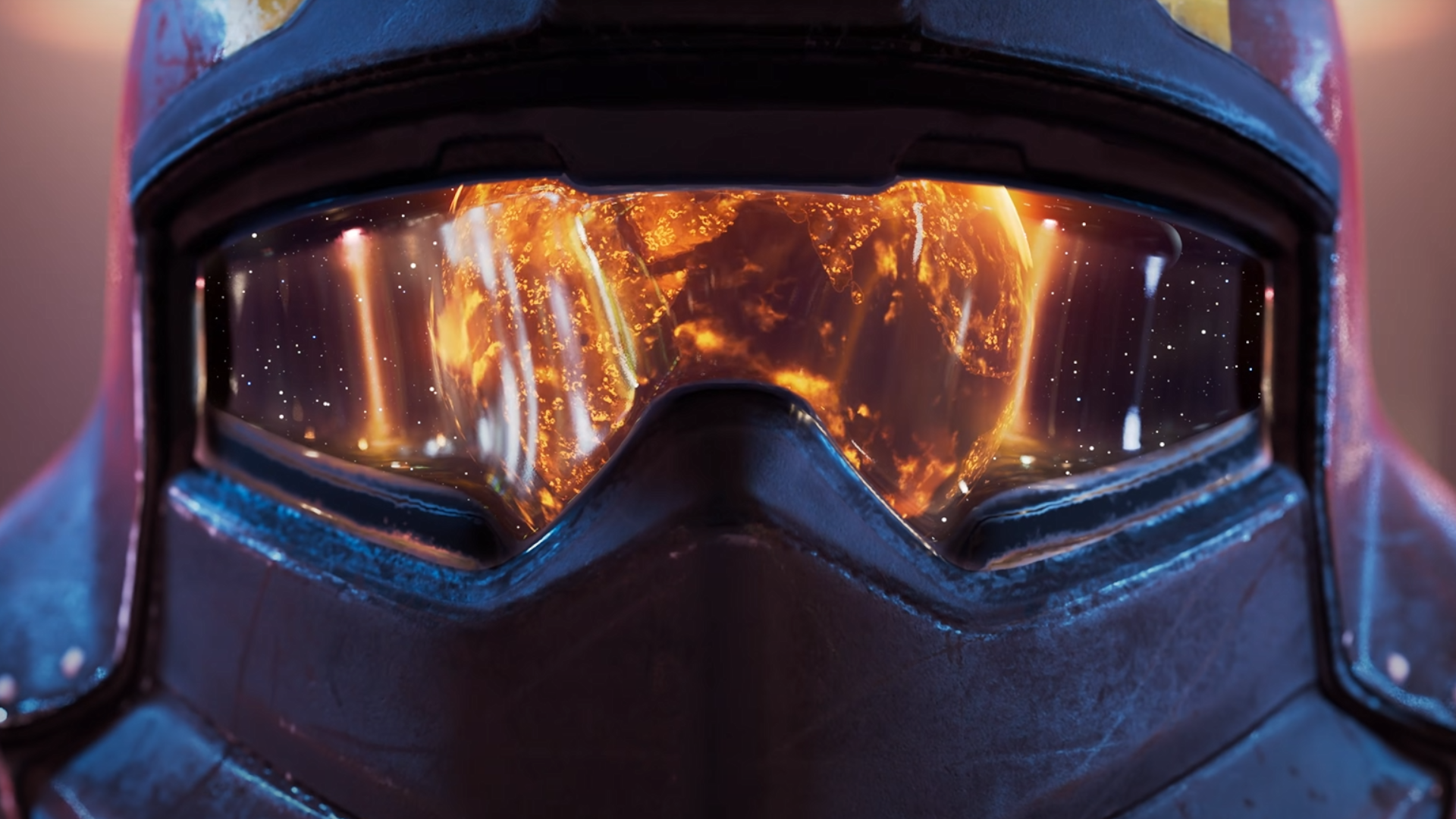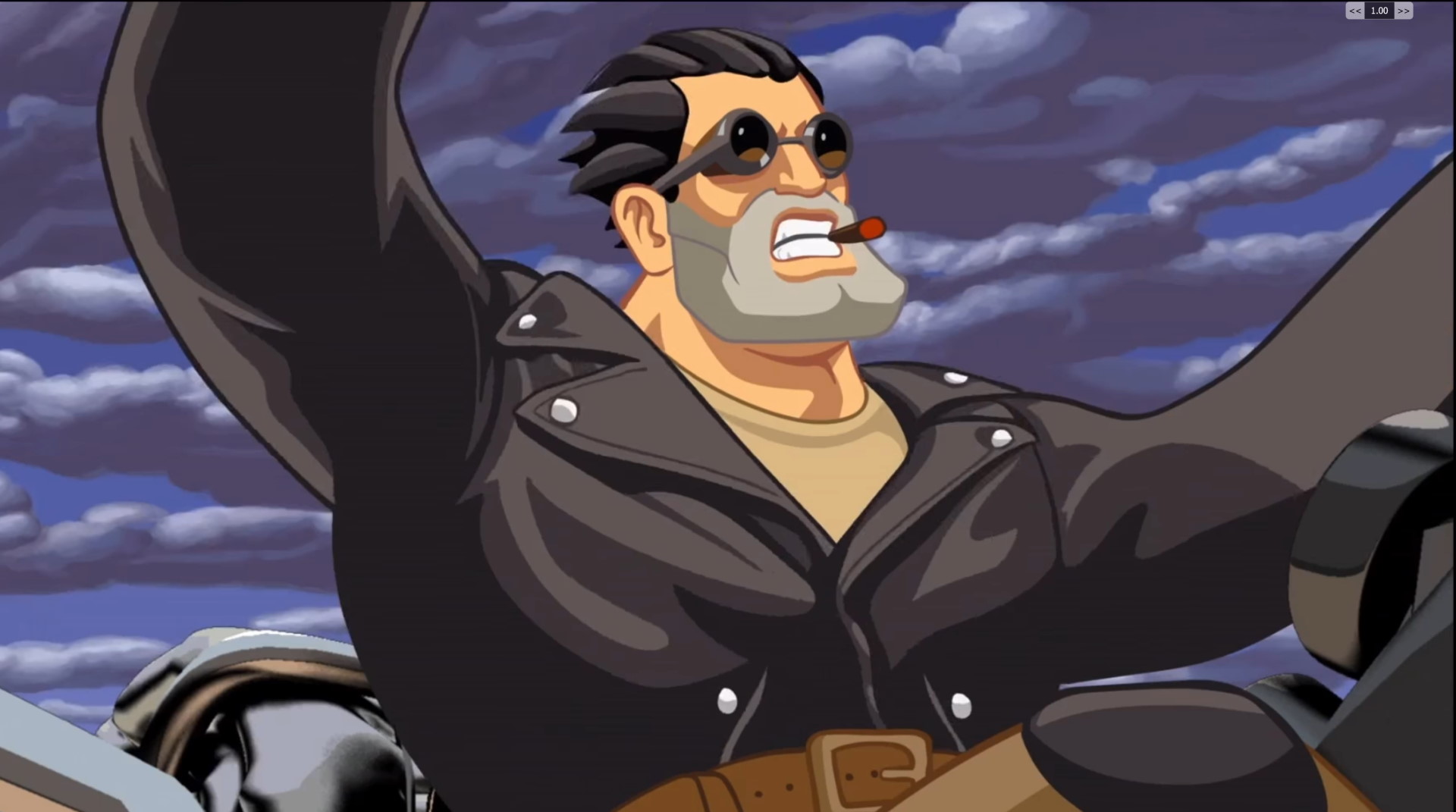
This review contains full spoilers for episode nine of Andor, now available to view on Disney+. To remind yourself of where we left off, check out our Andor episode 8 review.
Episode 9 of Andor dives deeper into the dark side of the galaxy. The weight of the Empire is crushing down on everyone as its long arms attempt to smother any resistance. Through more incredibly well-written dialogue and strong performances, it again displays its credentials as a great TV show not afraid to separate itself from other Star Wars projects, feeling much more human as a result.
As if we didn’t know the Empire was evil enough, they’re now bringing out the torture techniques. Episode 9’s opening scene is one not a million miles from an early interrogation in Kathryn Bigelow’s Zero Dark Thirty – a film where the supposed “good guys” repeatedly use questionable methods to achieve their goals. In Andor, we see the firmly evil Empire following in their footsteps, yet again driving home the show’s core themes of the blurry grey areas between good and evil. It’s a fantastic beginning to a great episode and one where Denise Gough once again quietly dominates with a sneer and a hiss. Dedra Meero is proving to be a fantastic villain with no redeeming features — a fascist becoming a louder voice of a fascist regime.
Andor is a meticulously made TV show not only in its layered writing and clinical set design work, but in its casting, which is particularly brilliant and completely intentional. In placing white characters always on the side of wielding power, it presents a stark reflection of our own world and its history of persecution. In doing so, it further distances Andor from being a typical show set in the Star Wars universe, and one much more at home in ours. This is grown-up television tackling complicated subjects; not just offering up surface-level readings of them, but actually regularly putting a mirror up to ourselves.
Back in prison, Cassian’s leadership is starting to shine through. A nomad by nature, he’s not one to stay in one place for long, so he naturally begins to hatch an escape plan. A bolder, determined Andor allows Diego Luna to find his voice more. Luna is at his best when Cassian has the bit between his teeth and an objective to complete. He’s a character consistently finding a purpose no matter how far he tries to run from responsibility — something Luna excels in displaying with a cold look to most, but a boyish smile to those very few he trusts. His natural charisma is even enough to sow seeds in the mind of Andy Serkis’ headstrong Kino Loy, a role he’s fantastic in and which serves as some nice redemption for his wasted efforts as (ultimately nothing character) Snoke in the sequels.
This is grown-up television tackling complicated subjects; not just offering up surface-level readings of them, but actually regularly putting a mirror up to ourselves.
Episode 9 builds much more on the solid (but sometimes plodding) foundations of last week. It’s a stirring depiction of an oppressive jail environment, reminiscent of a chrome and plastic Papillon, with shades of Hoffman and McQueen seen in the many members of Cassian’s jail mates, their use of signing a clever metaphor for how hard it is to silence a movement. They each have something different to offer to the equation and do well to create a believable environment for Andor to want to escape from, its mantra of humans being cheaper and easier to replace than androids coming to a stark and devastating reality.
It’s welcome to see more of Mon Mothma in the senate — the jeering hecklers are another stark mirroring of reality as I have flashes of my own shambles of a British government play out in front of me. It’s a short but significant scene that highlights how much speaking for the good of the people can feel like screaming into the void when faced with an administration that looks down on the masses. Genevieve O’Reilly is fantastic in her portrayal of a thoroughly empathetic character going up against an Empire that ignores such a concept. Mothma is the light at the centre of Andor, an unshakable moral compass that we learn to appreciate more with every week as we discover the battles she had to fight before Rogue One.
Her conversations with Vel are particularly poignant as two powerful women trying to make their male-dominated galaxy a better place. It’s a point further emphasised by Mothma’s tedious husband remarking about everything and everyone is political these days. Little does he know the kind of show he’s in, though, one laden in politics and meditating on the bad in our world in the best ways possible.
Director Toby Haynes delicately juggles the different locations at play, giving each and the characters within them moments to shine – it’s just a shame we didn’t get any more of that fascinating Luthen and Saw dynamic that was established last week. It again doesn’t move the plot along a ton, keeping many of its characters rooted physically to locations, but instead inches them around its theoretical chessboard. It’s not a flashy episode by any means, but it is full of substance that only fleshes out the galaxy of Andor further. A galaxy that Andor himself hopes to be exploring freely again soon — before destiny comes knocking once more, that is.



